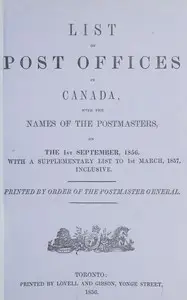"The Consolation of Philosophy" by Boethius is a philosophical treatise written in the early 6th century. The work takes the form of a dialogue between Boethius and a personified figure of Philosophy, who arrives to comfort him during his imprisonment. The central theme explores the idea of true happiness and how it can be achieved, ultimately critiquing the fleeting nature of fortune and material success. At the start of the text, Boethius presents himself in a state of despair, lamenting the misfortunes that have struck him after a period of great prosperity. As he writes verses expressing his sorrow, Philosophy appears to him, scolding the Muses for misguiding him and his despair. She engages him in a conversation that prompts Boethius to reflect on his true nature and the transient nature of wealth and status. Through their discourse, Philosophy aims to redirect his focus from external successes to the steadfast virtues of the mind, preparing him for a deeper understanding of happiness that transcends earthly miseries. This opening sets the stage for an exploration of adversity, virtue, and the meaning of true fulfillment. (This is an automatically generated summary.)

The Consolation of Philosophy
By Boethius
"The Consolation of Philosophy" by Boethius is a philosophical treatise written in the early 6th century. The work takes the form of a dialogue betwee...
Genres
Released
2004-12-11
Formats
epub3 (images)
epub
mobi (images)
epub (images)
mobi
Free Download
Overview
About the Author
Anicius Manlius Severinus Boethius, commonly known simply as Boethius, was a Roman senator, consul, magister officiorum, polymath, historian, and philosopher of the Early Middle Ages. He was a central figure in the translation of the Greek classics into Latin, a precursor to the Scholastic movement, and, along with Cassiodorus, one of the two leading Christian scholars of the 6th century. The local cult of Boethius in the Diocese of Pavia was sanctioned by the Sacred Congregation of Rites in 1883, confirming the diocese's custom of honouring him on the 23 October.
Total Reviews
10.0k
Total reviews from Goodreads may change















